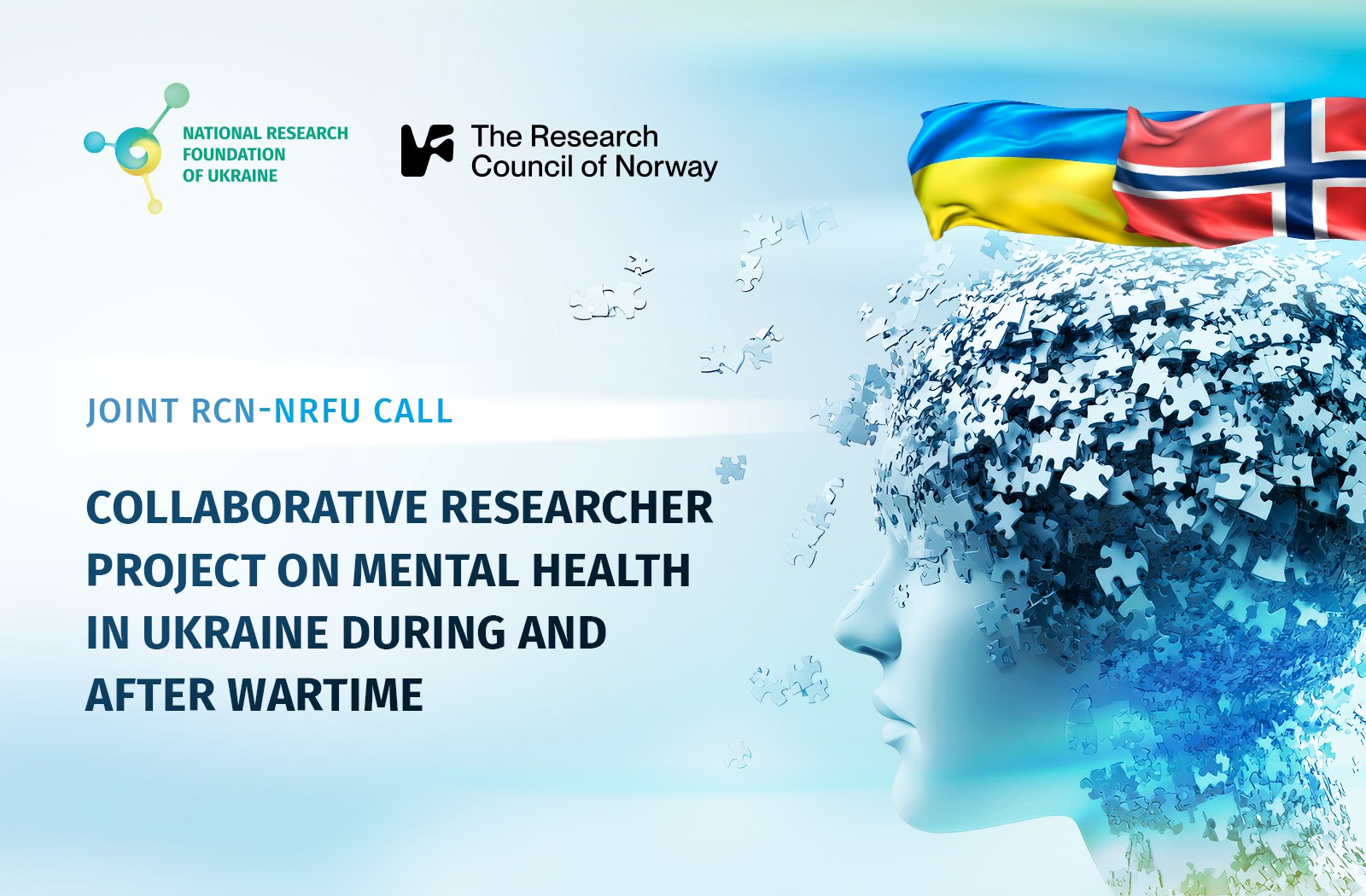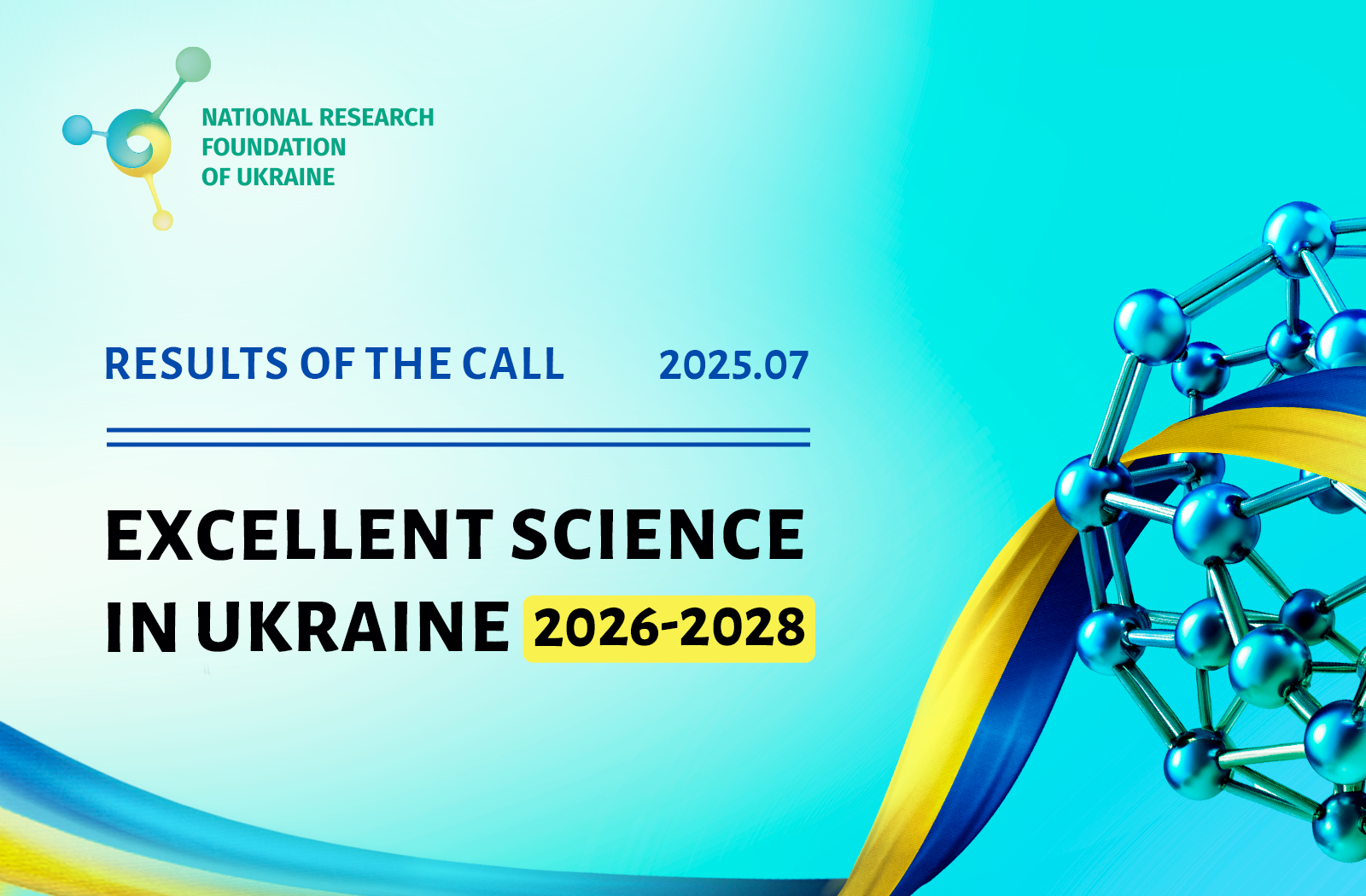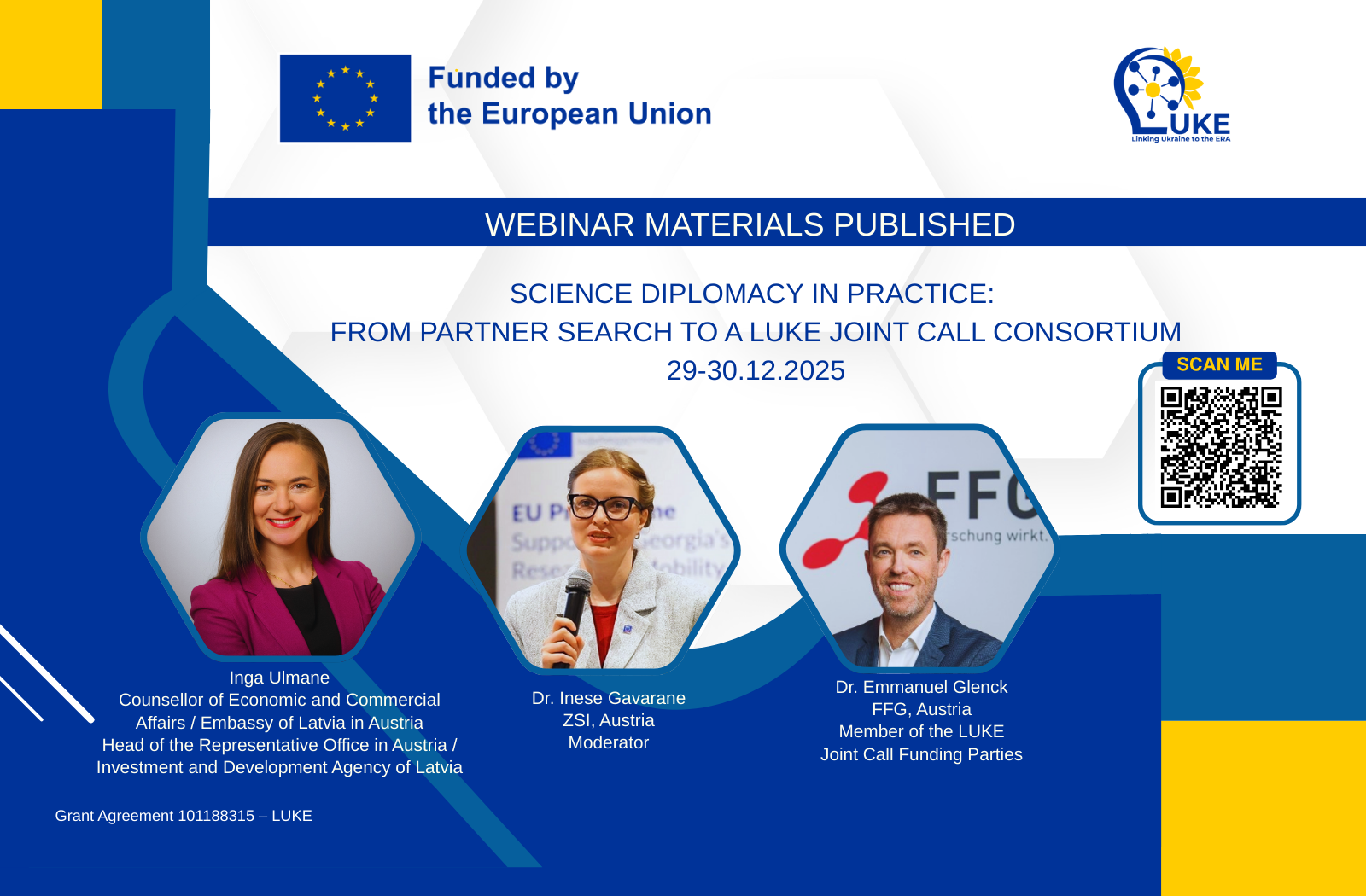Scientists are developing technologies for transport waste utilization
While the attention of all mankind (and ours as well) is focused on the main problem of the planet – the coronavirus pandemic, other serious threats take a back seat, including the environmental danger from waste, in particular, transport. Meanwhile, the danger of “drowning” in the car for our country is not illusory, because we have the biggest number of old cars in Europe. Used oils, filters and batteries, worn tires and cars that are no longer in use (more than a million of them!) – all this causes great damage to the environment
Today, scientists from the National Aviation University are working on the topic of waste disposal of fuels and lubricants and solid organic (food) waste.
Microorganisms that are “feed” on hydrocarbons
Upon learning of the victory, the team of scientists immediately began to act. Project manager Serhiy Boychenko said that in late autumn, researchers began inventorying landfills for transport and municipal solid waste in Kyiv and the Kyiv region (scientists would travel to other regions, but quarantine restrictions do not currently promote long journeys).
From the landfills, researchers brought samples of microorganisms and continued to work in the laboratory “AviaTest”. The researchers set out to select and isolate strains of microorganisms that can absorb hydrocarbons from solid, liquid and gaseous petroleum products and organic (food) waste without the formation of toxic products and use the potential of these microorganisms to dispose of waste.
The researchers told about the state of biological safety in the transport infrastructure and the biotechnological potential of microorganisms for the disposal of liquid and solid organic waste in an analytical note to the Cabinet of Ministers of Ukraine; prepared an analytical note for the government “Study of the mechanism of intensification of biodegradation of diesel fuel and kerosene at different temperatures” and an analytical report on the legal and regulatory framework, morphology, waste management system of the transport sector in the world and in Ukraine.
Car: not for landfill, but for recycling
Work on neutralization of transport waste in Ukraine is an unfinished business, as currently the products of wear, engine and transmission parts, brake pads, tires are released into the environment.
And perhaps the biggest problem is the disposal of expired cars. Huge areas, in particular, around the capital, are turning into a “cemetery of old cars.” Meanwhile, there are effective Western models for recycling and disposing of scrap metal, and more than fifty countries around the world have enacted legislation on motor vehicle recycling.
Serhiy Boychenko said that the leading automobile concerns take recycling into account at the stage of developing new models. After decommissioning the car for recycling are ferrous metals, aluminum, lead and copper. Plastics and rubber can be recycled in compliance with environmental requirements, if their composition is known.
From methodology to State standard
Currently, the NAU scientists are working on the second stage of the project. Among other things, they must assess the biotechnological potential of microorganisms isolated from the city landfill in Kyiv; to create a method and technology for waste disposal, as well as to develop a technology for wastewater treatment from nutrients using microalgae.
They are also working on the creation of an electronic educational and promotional platform, which will tell about the rules of waste management in the technosphere develop the State Standard of Ukraine “Environmental, utilization and recycling. Technosphere. Transport. Infrastructure”, the State standard” Determination of microbiological damage of operational materials of aviation equipment” and prepare an electronic textbook “Technologies for human protection in the technosphere. Ecology in transport infrastructure” and its publication.
A new scientific and applied direction
Consumers of products obtained during the project may be environmental and transport organizations (including airports), research stations, biotechnology production, refining and food industry enterprises, refineries, gas stations, etc. And also – enterprises of related industries, in particular, agricultural.
– We are proud that, thanks to the grant, we have launched a new scientific and applied direction – ecology and recycling of transport transport materials, – Serhiy Boychenko says. – I am sure that the results of our work will be useful both in our country and abroad.
Svitlana GALATA






